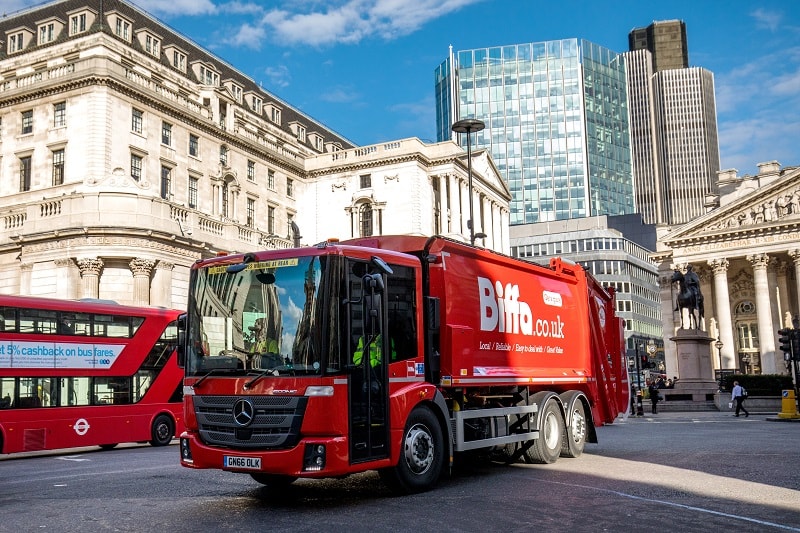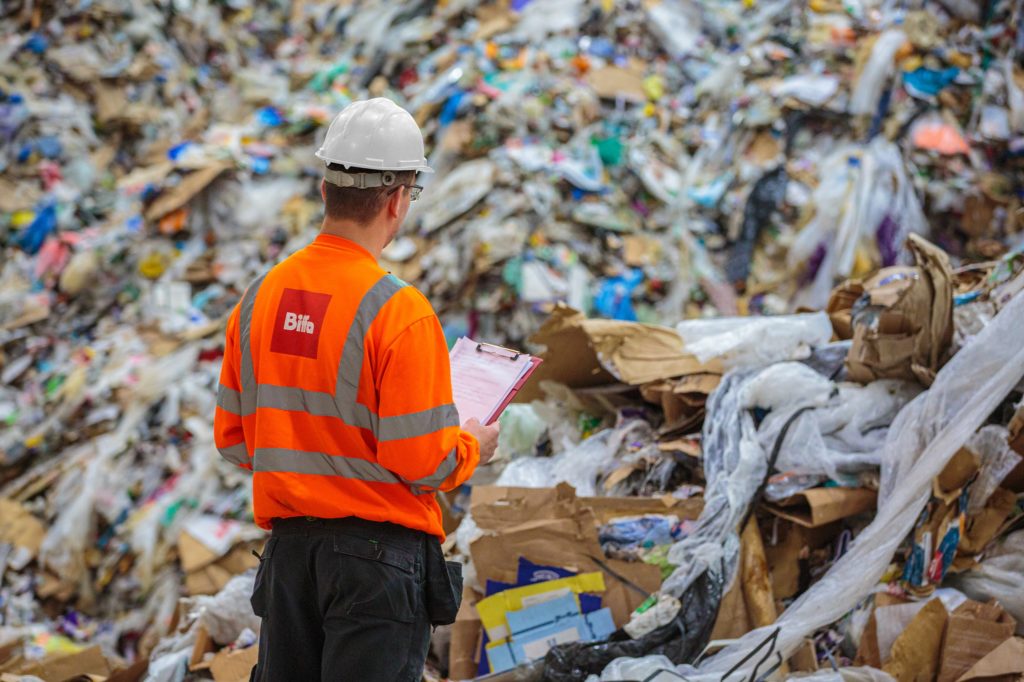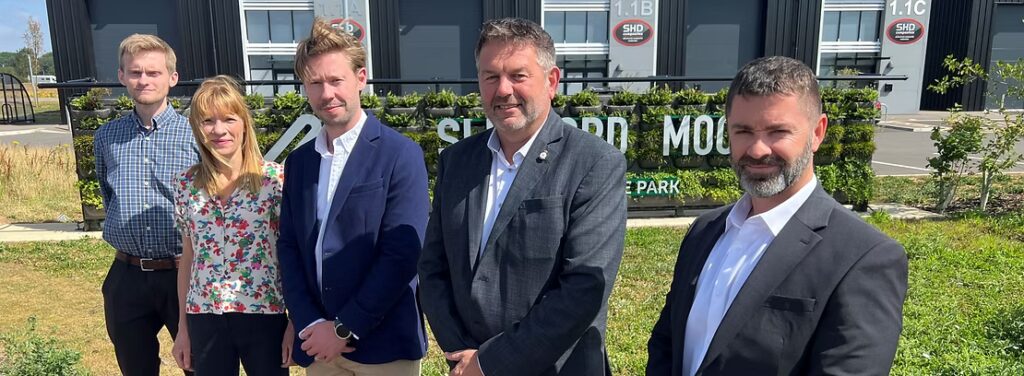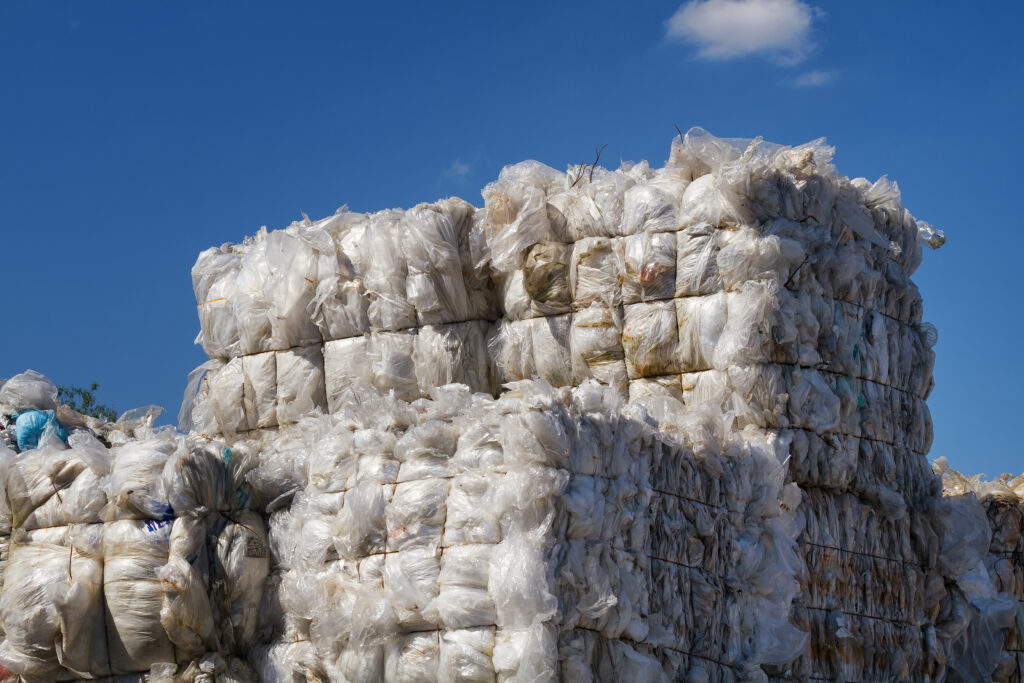And, the waste management company says it “welcomes” the government’s current commitment to stop plastic exports outside the OECD.
Biffa issued its call today (17 August) in a sustainability report for the 2021/22 financial year, published alongside an annual report reiterating the financial results announced earlier this month (see letsrecycle.com story).
The annual report confirmed revenues were up 39% on the previous year to £1.44 billion and the company has made a £20 million provision in regard to HMRC’s ongoing probe into landfill taxes.
In the sustainability report, Biffa says it sent 98.5% of the plastics it traded by weight to companies within the UK for reprocessing in the 2021/22 financial year, up from “around 90%” in 2019. The remaining 1.5% was sent to reprocessors within OECD countries, Biffa says.
Biffa first called for a ban on the export of waste plastics as part of a drive for all plastics to be recycled within the UK in October 2019 (see letsrecycle.com story).
Previously, the company was ordered to pay fines and costs totalling £590,000 for breaching waste regulations over exports to Asia in 2015 and £1.69 million for the same crime in 2018 and 2019.
Capacity
Biffa says it increased its own plastic recycling capacity by “a further 25%” to 151,000 tonnes in 2021/22.

The company completed the commissioning of its PET recycling plant in Seaham and commissioned a polypropylene and polyethylene flaking and wash plant in Washington, adding an additional 25,000 tonnes of plastic recycling capacity.
Biffa says it is in the process of building additional capacity at its Redcar site, which will add another 16,000 tonnes of capacity. Most of the capacity will be taken up by the recycling of food grade milk bottles, the company says. This plant is forecast to be commissioned by March 2023.
Michael Topham, Biffa’s CEO, said: “Our focus this year has really been on showcasing how at Biffa, we have the skills, capital, and ambition to play a leading role in delivering the waste sector’s vision for a net zero, circular economy.”
Last April, the company announced it had doubled plastic recycling capacity at its Aldridge materials recycling facility in the West Midlands to 80,000 tonnes a year (see letsrecycle.com story).
Electric vehicles
Meanwhile, Biffa says it continued rolling out electric and alternative fuel refuse collection vehicles (RCVs) in 2021/22 and now has a fleet of 65.

However, according to the report, “the viability of alternative fuels is dependent on infrastructure investment and at present this is not advanced as we need it to be.”
The company is currently trialling the ‘Glitterball’, the “first repurposed eRCV” Biffa has invested in, in Kent. In operation in a large area with some hard-to-reach countryside villages, the trial will help Biffa understand how it can move forward with a greener fleet in more rural boroughs, the report says.
Sustainability
Elsewhere in the report, Biffa says construction of its two new energy from waste plants is “well underway”. Its Newhurst plant in Leicestershire is due to enter commercial operation in 2023, while the Protos facility in Cheshire is set to follow in 2024.

Biffa collected 500,000 tonnes of business waste for recycling in 2021/22. While Biffa says its industrial and commercial collections business was impacted by Covid-19 at the start of the financial year, it collected more waste than the year before.
Around 61% of Biffa’s total inputs to landfill are now ‘inactive’ waste, the company claims, based on the low-rate landfill tax definition. The company says it recognises that landfill is “necessary” for some specialist and inert-type waste. However, it adds that “market pressures” have meant the production and export of refuse derived fuel has fallen, “so landfill is needing to play an important role in the responsible disposal of active waste.”
And, the company says it prevented 98 million surplus products going to waste through the Company Shop Group, an organisation acquired by Biffa in 2021 which redistributes surplus produce at discounted prices through a network of member-only supermarkets.
Biffa is currently the subject of interest from US private equity firm Energy Capital Partners, who have been given until 31 August to submit a formal takeover bid.









Subscribe for free